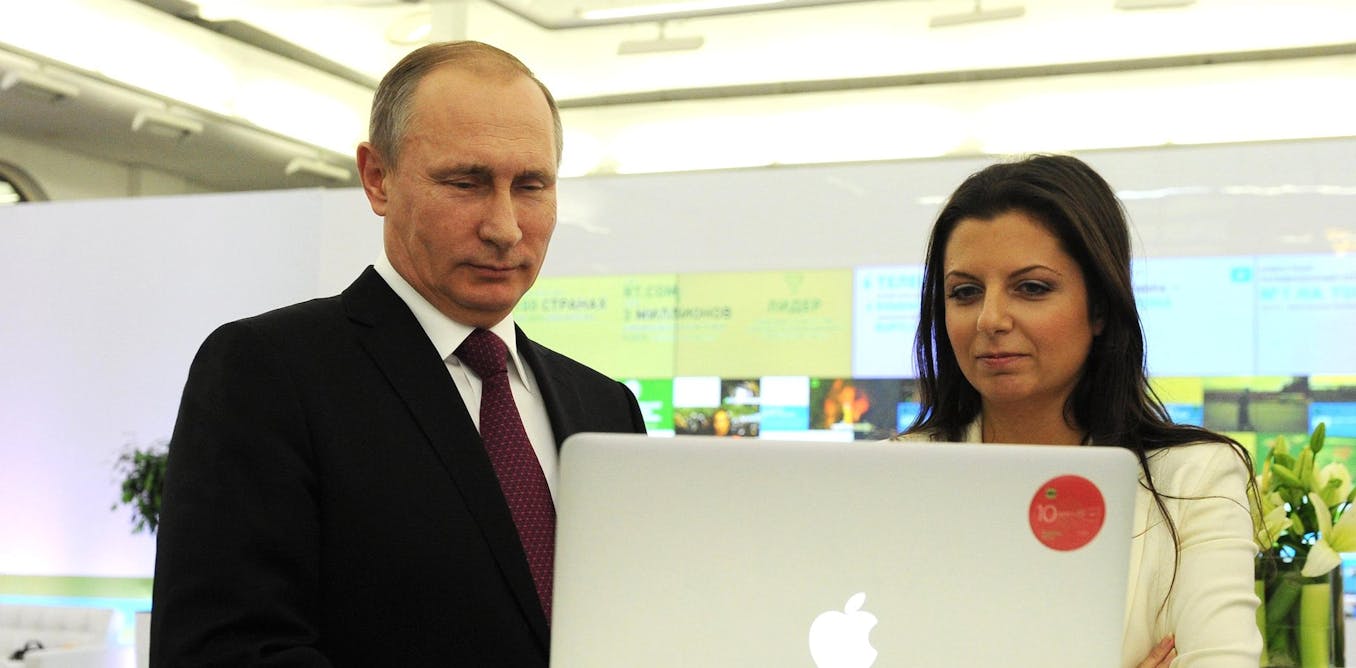This time around, the US has seized a network of Russian-run internet domains, and sanctioned ten people including Margarita Simonyan, editor-in-chief of RT (formerly Russia Today), for “activities that aim to deteriorate public trust in our institutions”. Sanctions include freezing any property or assets in the US, and potentially restrictions on any US citizen or company that works with them.
Here are five key features of Russian information manipulation we identified, and which can help understand the latest election-meddling scandal.
- Using local influencers
- Fake news outlets
- Adding fuel to the fire
- Flipping the script
- Humour



Well said. Even if someone is not directed by (or a member of) propaganda efforts, they should be wary that their message does not align with those efforts.
Of course diverse opinions are welcome, but incremental positive change often requires unity around a centrist candidate leaning your way. The left side of the spectrum definitely has more friction here, as they are usually thoughtful, independent people with a wider exposure to ideas.